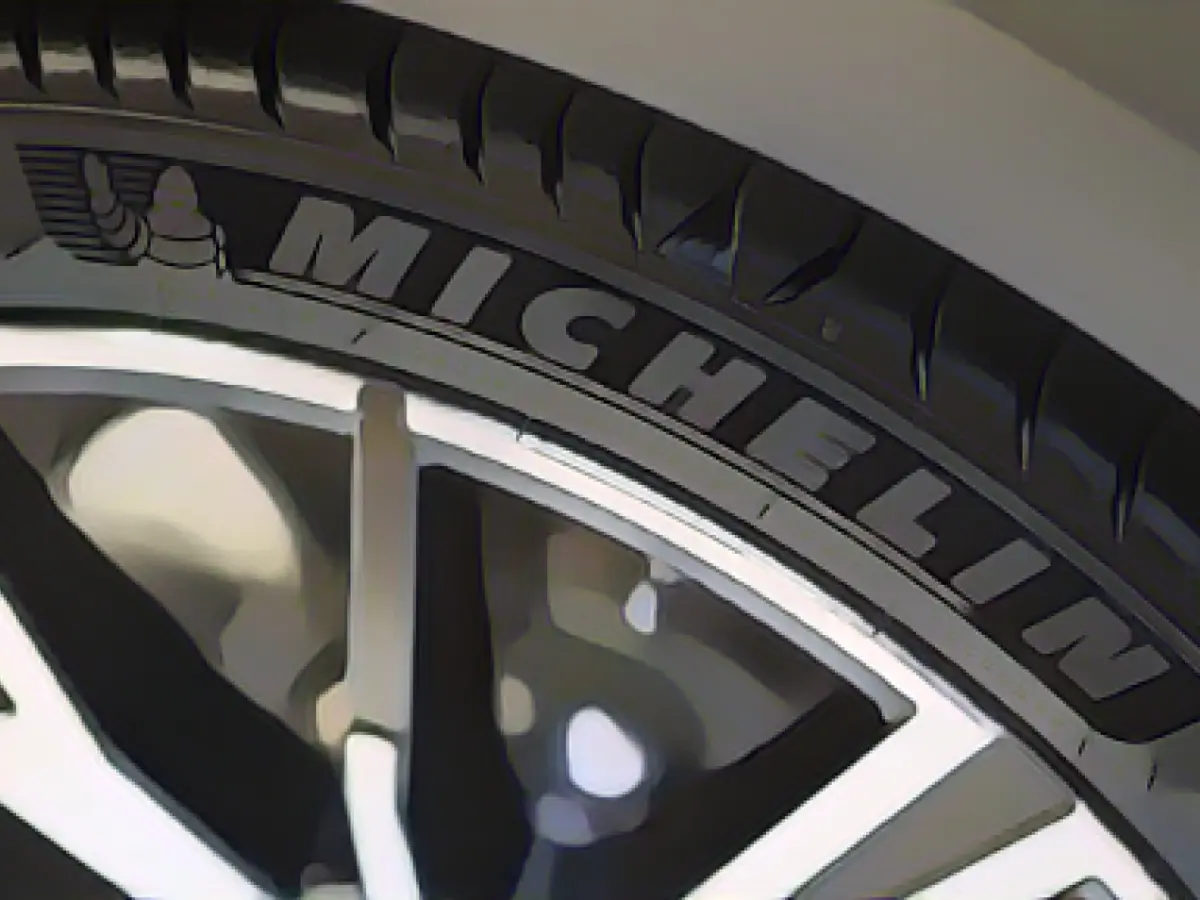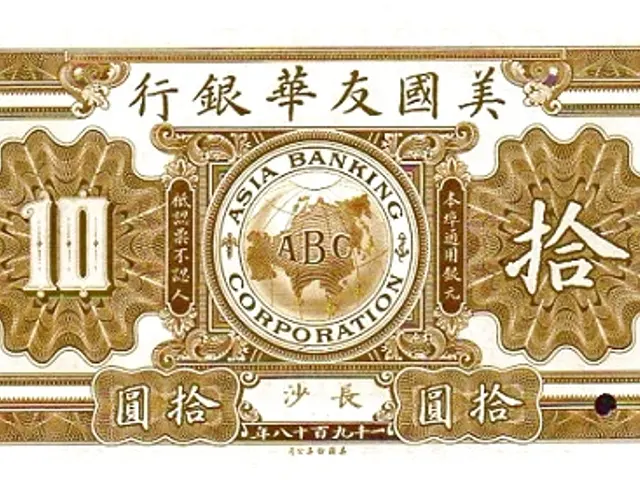Tire Factory Woes at Michelin: Job Losses and Plant Closures
Michelin, the renowned tire manufacturer, is grappling with job losses and plant closure announcements across three German facilities – Karlsruhe, Trier, and Homburg. The IG BCE union aims to prevent as many dismissals as possible and is devising strategies to boost productivity at these sites. Matthias Hille, the union leader in Mainz, stated they intend to present these ideas to the company by mid to late January. Simultaneously, they are collaborating with politicians to address the issue.
Michelin will impact 1500+ staff members due to these closures, with further 122 affected in the customer contact center of Karlsruhe. Homburg's production of new truck tires and semi-finished goods will also cease by 2025, putting another 1410 employees at risk. In response, the company maintains they are exploring various options, such as internal employment opportunities and the help of transfer companies.
The tire manufacturing industry in Germany is facing turmoil. Goodyear recently announced the closure of its Fürstenwalde and Fulda facilities, affecting 1800 jobs, and Continental had previously shuttered its Aachen plant. Michelin's plans could potentially lead to the shutdown of a third of Germany's remaining 12 tire plants, worrying the IG BCE union.
Maria Röttger, President of Michelin's Northern Europe region, assures the company's support of the staff during this transition. However, compulsory redundancies remain a possibility, as acknowledged by a Michelin spokesperson. Hille, the union head, criticized Michelin, urging action in line with its claims to support its employees.
Enrichment Insights:
- The IG BCE traditionally pushes for policies to boost employment and productivity across energy, chemistry, and mining sectors in Germany. These include measures like workforce upskilling and immigration policy changes to stabilize the labor market.
- German manufacturers have faced stiff competition from lower-cost alternatives from countries with lower wages. Additionally, overcapacity and escalating production costs have hugely impacted the industry.
- The tire manufacturing industry can undergo a shift to electric and autonomous vehicles, presenting new challenges and opportunities. Investments in the industry can potentially broaden its scope, ensuring its continued importance to the German economy.
Michelin's adjustments are a symptom of broader challenges affecting the tire manufacturing sector in Germany. The IG BCE is actively engaging with politicians and devising potential alternatives to minimize job losses and save affected facilities.






